Keeping it Real - Beauty Connects with Gen Z
Published: June 02, 2023
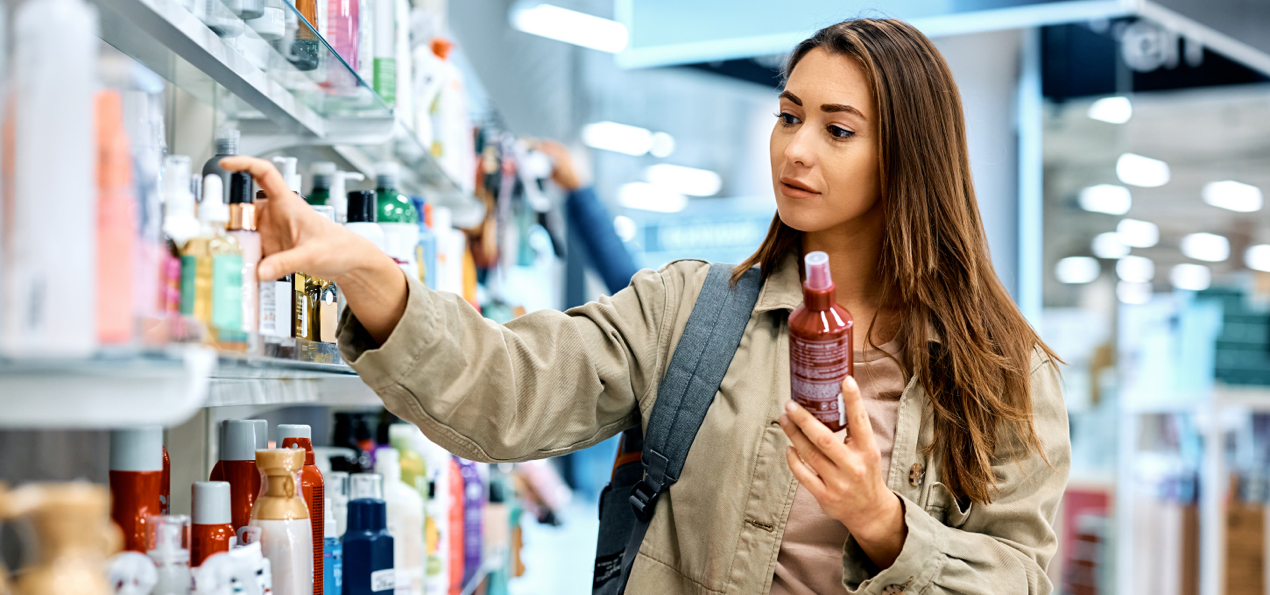
Gen Z is a large lucrative audience for beauty brands. Brands like E.l.f. Cosmetics are showing giants like Estée Lauder and L’Oréal just how to get their attention! Gen Z has a constantly evolving nature and they expect marketing innovation as a basic norm! In keeping with that, some of the strategies brands are adopting include computer generated ambassadors and futuristic digital science labs and original songs that hit the Billboard charts!
The younger crowd has always been the prime target for the beauty industry as a whole. This spring, Gen Z spent 19% more on makeup, skincare and fragrances as a whole with a 32% YoY increase in makeup alone! Very interestingly, the percentage of teens wearing makeup every day has reached an all-time high of 45%, which goes to over 50% for upper-income teens. It is expected that the spending power of Gen Z will overtake that of the Millennials by 2031.
According to Piper Sandler’s latest Taking Stock with Teens report, these are the most favored brands –
E.l.f. Cosmetics (22%)
Selena Gomez’s Rare Beauty (11%)
L’Oréal’s Maybelline New York (7%)
L’Oréal (6%)
Rihanna’s Fenty Beauty (5%)
E.l.f. is now Gen Z’s top favorite brand, overtaking Maybelline last spring. E.l.f. knows what works for Gen Z and it knows it has to market smart as it competes with much larger brands, like Revlon or L’Oréal. In May, they got the popular TikTok creators Ian Paget and Chris Olsen who were a couple and then broke up to apply make up on each other while talking about their split. They called it “Make up over Makeup” and it got thousands of views.
They also launched “Vanity Table Talk,” which is inspired by late-night talk shows, with actor Jennifer Coolidge. E.l.f. worked with her for the brand’s first ever Super Bowl commercial in February, promoting the brand’s Power Grip Primer, a huge hit on TikTok.
Apart from this E.l.f. also was the first to launch a branded hashtag challenge on TikTok where it featured an original song. Song making is a very popular thing that E.l.f. does and has had its songs appear on the Billboard charts next to Mariah Carey during the holidays!
What we think -
Gen Z’s favorite place to be is TikTok. And E.L.F has played it really smart by taking the brand there. Social Media, particularly TikTok lends itself to the beauty and fashion industries. It is a perfect fit! So much so, that if you find that some beauty product is sold out, chances are, there was a viral TikTok about it!
If brands want to really connect with Gen Z, then social media and particularly TikTok is where they need to be. It is imperative that TikTok be a part of the brand strategy.
Maybelline uses creators and includes TikTok in its core strategy as it fixes its attention on younger customers. Their before and after videos promoting their Sky High line of mascaras on TikTok have got over 400 million views and have made the mascara, a $ 100 million dollar business! Maybelline’s foray into social media is recent – although the brand itself is a hundred years old!
Apart from this, Maybelline has done activations on the storytelling platform Wattpad for Mental Health Awareness Month, launched an ad “Maybelline Mascara Merge,” which is a mini-game and has even created its own digital avatar, named May, earlier this year to help with future metaverse activations. Maybelline roped in two of beauty’s most popular influencers, Mikayla Nogueira and NikkieTutorials to do a collaborative master-class in person along with other smaller creators to launch its Super Stay powder, which was a mega-sensation!
What we think
Maybelline of the past might have done a television campaign or something on the traditional route. But knowing that to reach the younger consumer, you need to do as they do, and be where they are, they turned to creators, influencers and social media. Blending together social media and creators to promote make up, is something that is hugely popular today.
Celebrities who have gone on to create their own beauty line like Rihanna’s Fenty Beauty, or Ariana Grande’s R.e.m. Beauty, or Selena Gomez’s Rare Beauty, are huge successes among the younger crowd and is a real thing!
What we think
Celebrities already have a huge following and anything they promote and oh gosh wow, launch themselves, will do extremely well. That is the power of influencers among Gen Z.
As a rule, the important thing for brands to remember to do is to integrate the brand into dialogues that are already being had among the target customer group. Just showing up there on a social media channel won’t do. Brands must find a way to blend in to the conversation and then take it away.
Coming to Skincare – this hasn’t seen much growth. CeraVe (L’Oréal), The Ordinary (Estée Lauder) and Cetaphil (Galderma) are the top three favorites among the younger generation.
Clinique owned by Estée Lauder, engaged Gen Z through in-person and digital touchpoints. They did their “Protect Your Glow″ campaign at Coachella to promote their new Moisture Surge SPF 28 product with a Clinique Hydration House pop-up in Indio, California, and sponsored a Day Club Palm Springs pool party. At these events, Clinique gave away 34,000 samples of both its Moisture Surge 100-Hour product and its Moisture Surge SPF 28 and earned over 350 million earned media impressions. On social media, they got 5.1 million video views on TikTok and Instagram.
What we think
Now this is what brands must also do. Brands must connect with Gen Z directly and not rely on any introductions from older consumers, like parents. On the other hand, cross-generational introduction is very special too. The brand has scores of stories of how their products were introduced to them as teenagers by their moms who had been using them for years. Which is also pretty wonderful!
Clinique sells cosmetics partnering with creators consistently. They launched their The Clinique Lab, a virtual science experience recently. Customers can create avatars and navigate through six different territories – extensions of Clinique’s in-store experiences. They emphasize ‘science’ as the company is dermatologist-founded, which would resonate with Gen Z. Gen Z looks at influencers as educational sources and uses TikTok as a search engine.
Education and science is the focus of Neutrogena. At a time when the brand’s credibility was being challenged, they launched their first TikTok campaign, called “SkinU.” They took an educational approach to skincare health – which was a hit both with consumers with scientists, with their following growing 582% in one month! They did the “Hydro House,” a social-first TikTok campaign that parodied reality TV dating shows, featuring seven influencers. #hydrohouse got more than 62 million views!
What we think
Gen Z looks at the authenticity of the products and brand and this is something that, if a brand or a product has it, resonates with them deeply. Taking things down ‘science’ or ‘education’ routes is a very smart path to take.
At the end of the day, Gen Z values authenticity. They look up to creators and influencers. And they definitely take heed to what their peers think. It might be tempting for brands to take a feel-good fuzzy path, but to really resonate with Gen Z, the messaging needs to be authentic. By all means take a fun, joy-filled innovative way to convey the message – but the message must be true.
Like they say – keep it real!



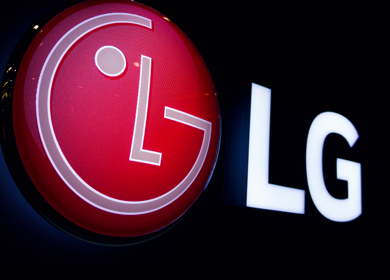
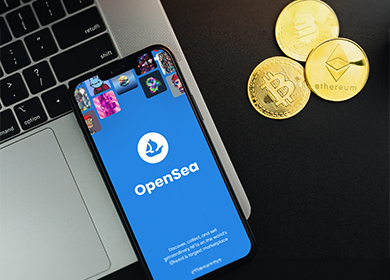

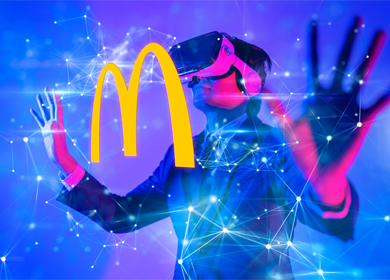
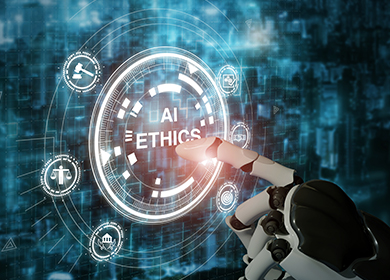
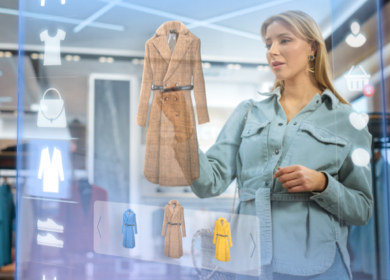

Be the first one to comment.